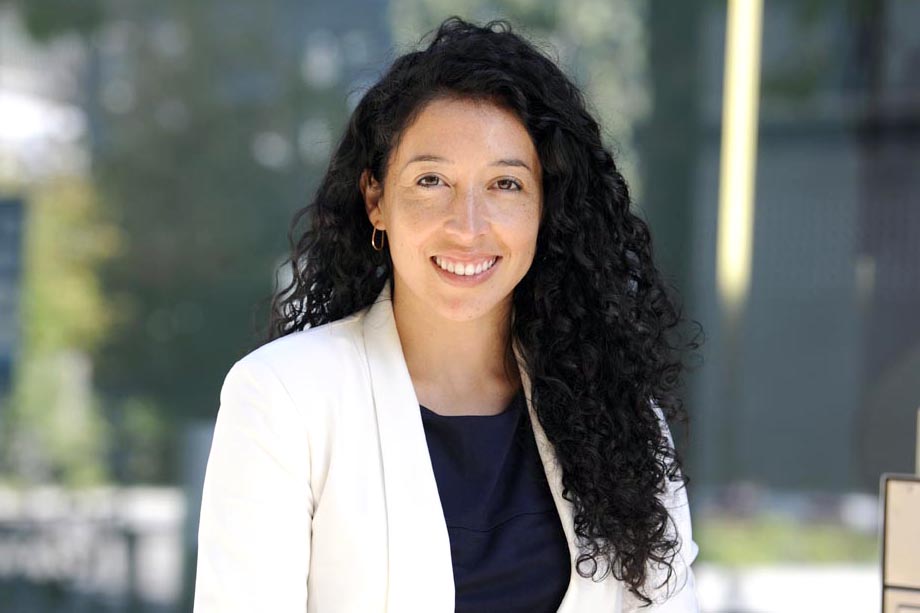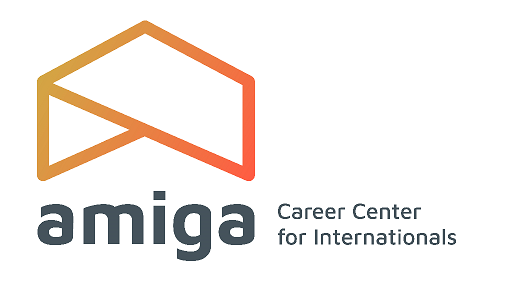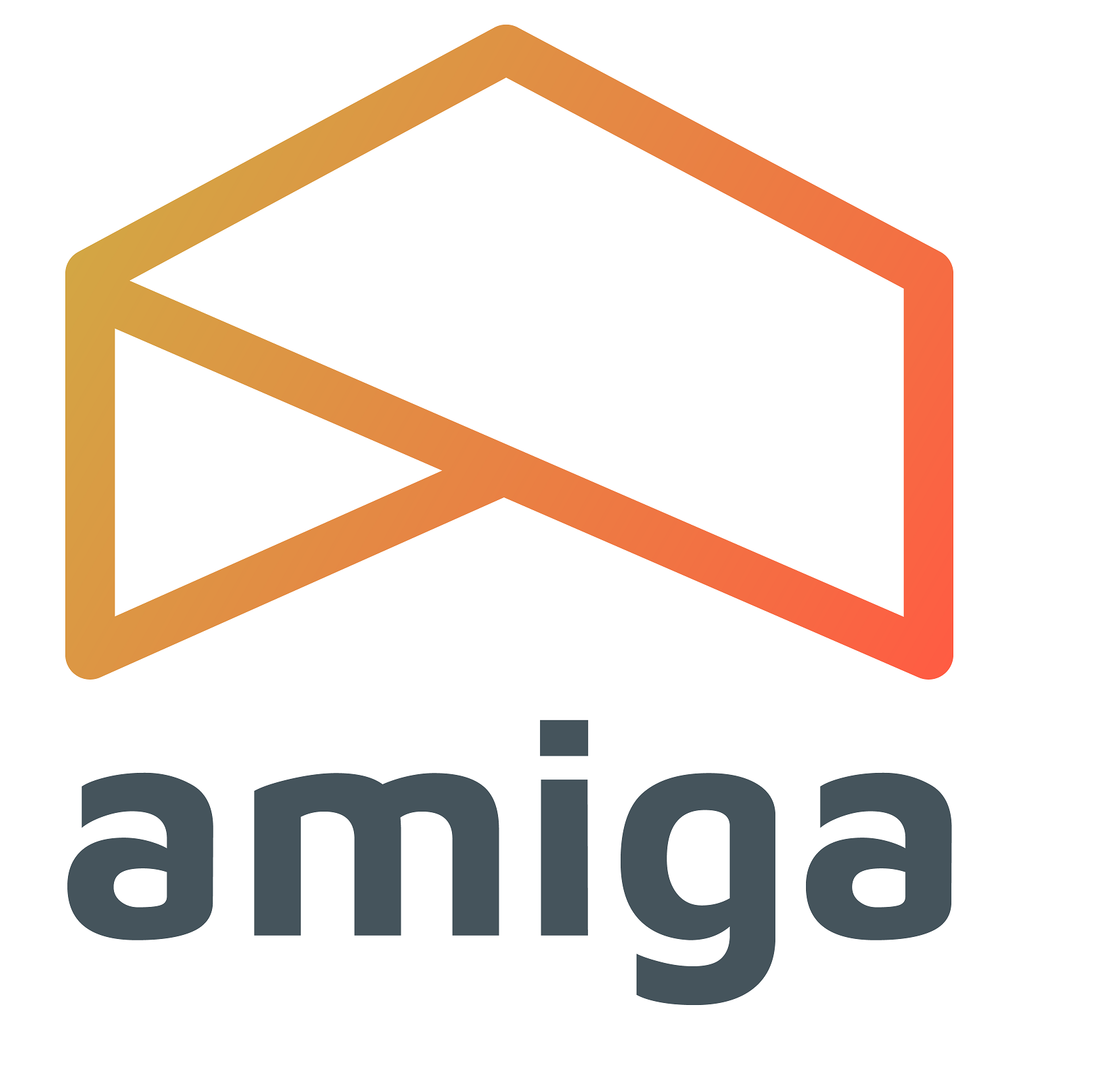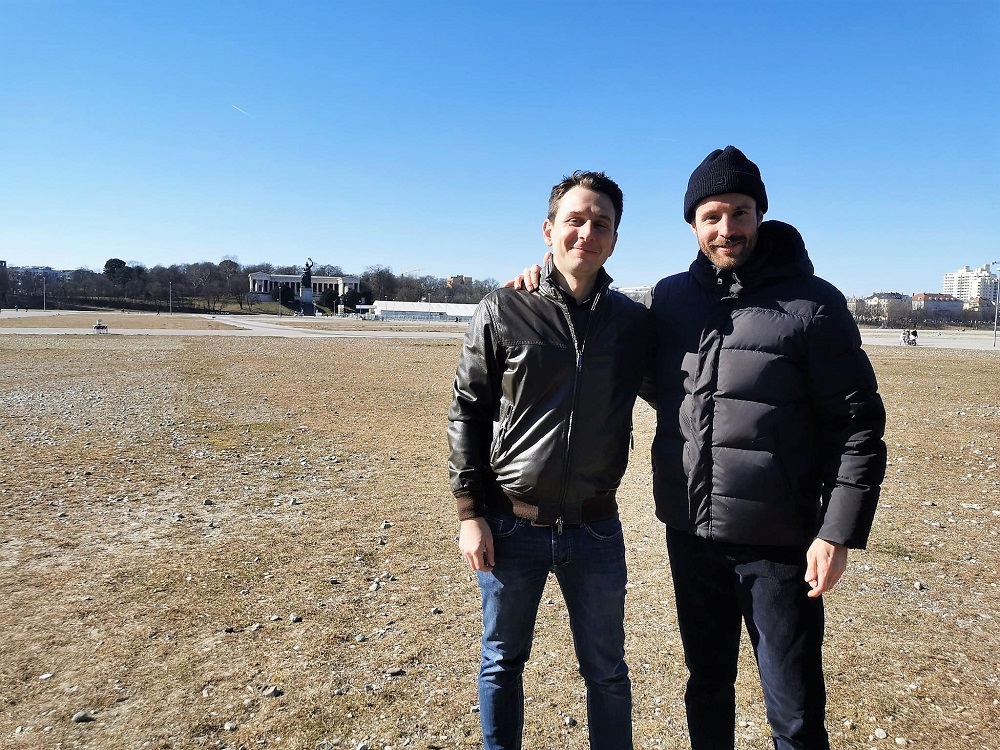5 Tips for a speedy Career Start in Germany
Susanne Nguyen
Publish on : 18-06-2022

In record time, Kari from Chile learned German and has now found the job she wanted: as a senior consultant with a focus in analytics at a global technology company.
Kari contacted amiga about a year ago when she was still in Chile. She took part in the intensive consulting programme amiga success team, the Expert Week and numerous seminars.
#1 Learn German - the sooner, the better. Quick-and-dirty is better than not being able to communicate at all
My tip: Focus first on speaking, don’t try to sound perfect from the beginning (German grammar is tough), and train the situation/vocabulary relevant to meet your goals faster.
I used the lockdown period for intensive German training, which consisted of several components:
– 3 month intensive German course to build up the basic vocabulary.
– I found a teacher via Preply website with whom I could practice speaking freely and build up the vocabulary for the topics of jobs, applications and job interviews. I set up a little speech and practiced it for the job interview. The advantage of Preply.com: the costs are manageable.
– The podcast “Easy German” – 30 minutes in the morning, I still listen to it.
– I read the magazine “Deutsch Perfect” regularly for a year


#2 Be bold enough to apply, and let others decide if you meet the requirements
My tip: just dare to speak up and be honest about your limitations. It does not matter to make mistakes.
In interviews, I said right from the start that my German is not perfect yet because I have only been learning German for 6 months – I always gained positive feedback on this from companies. My development was more important to them than perfection. I have the impression that women in particular do not really dare to speak German for fear of making mistakes, but that is not a problem.
#3 The bait must attract the fish, not the fisherman.
My tip: When I write my CV, it is about telling a good story.
I am from Chile and I graduated from one of the best universities in Latin America. In Europe, however, I had the impression that it was better to focus more on points of contact with Europe and the US, for example my master’s degree in New York.
#4 Ask people about their experiences. People love to talk about themselves
My tip: Dare to ask the right people for advice, but avoid mentioning that you are looking for a job
I got good advice from amiga, but also useful tips from former students from Chile and New York who already had experience working in Germany. I have also had informal conversations via LinkedIn with people who work at the companies I would like to work for. The feedback was really positive and helpful.
#5 Not all at once, but step-by-step
My tip: Do not try to change too much at once; a career change does not happen overnight, especially not in a country like Germany.
When I came to Germany, I no longer wanted to work as a management consultant. Instead, I wanted to move to IT consulting with a focus on business analytics. My network gave me valuable advice not to change country, industry and area of expertise at the same time. So, the first step was to focus on the language in the new country. The next step was to look for a job in the industry where I already had relevant work experience. I stayed there for a year, after which I switched to my desired area: business analytics. It is always easier to apply from an existing job and to be able to show initial work experience in Germany in your CV.
Read more stories by Internationals
Get ahead professionally with an amiga Job Buddy and learn from each other culturally
Jamila came to Germany from Afghanistan in 2019 - in her luggage: a package of womanpower, with a bachelor's and master's degree and a lot of professional experience. However, the path in Germany is rocky for all those who are not familiar with the German job market. With the help of Job Buddy Dastin S., Jamila makes her way through the Munich job and career jungle and exchanges ideas with the expert in the field of (further) education and media psychology.
The Perfect Match: Driving your Career with a Job Buddy
When Gabriele M. went from Milan to Munich in summer of 2021, he came for love: he followed his wife who settled here for professional reasons. At this time, Corona still had a big impact on personal life, that’s why looking for a job was not quite easy...



